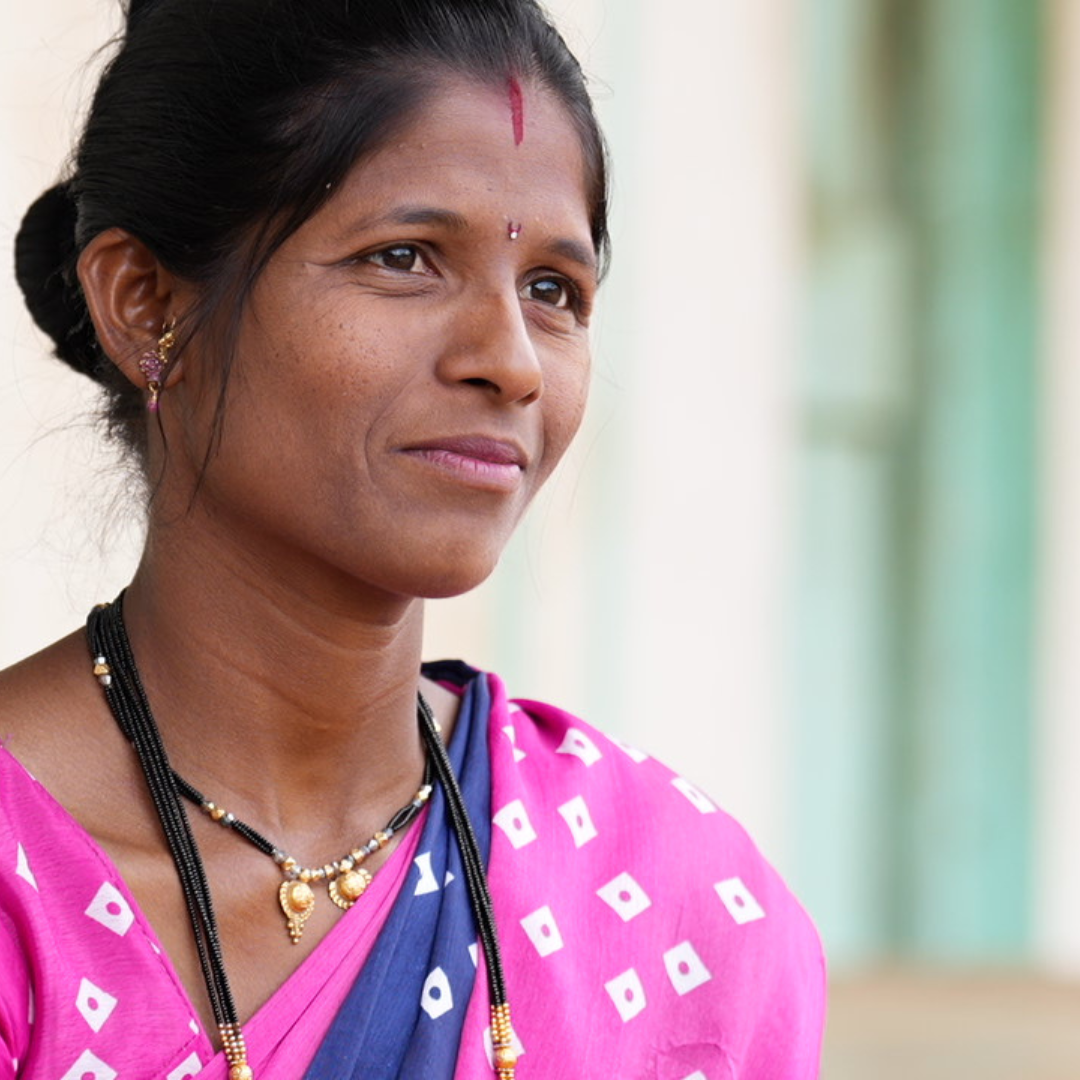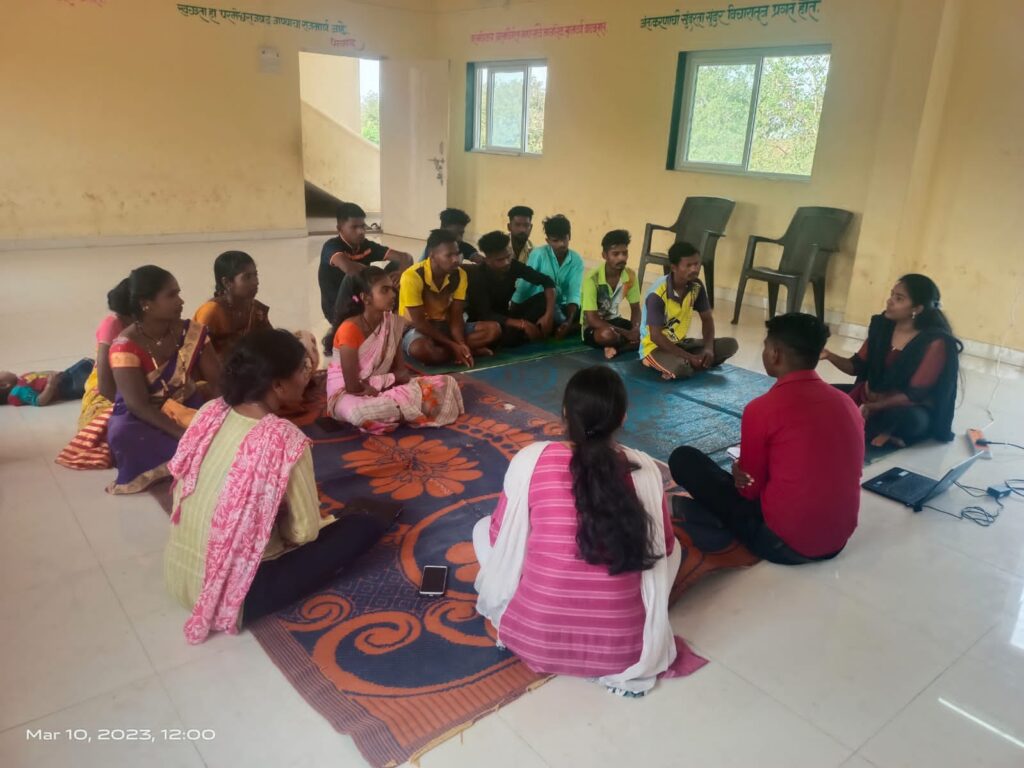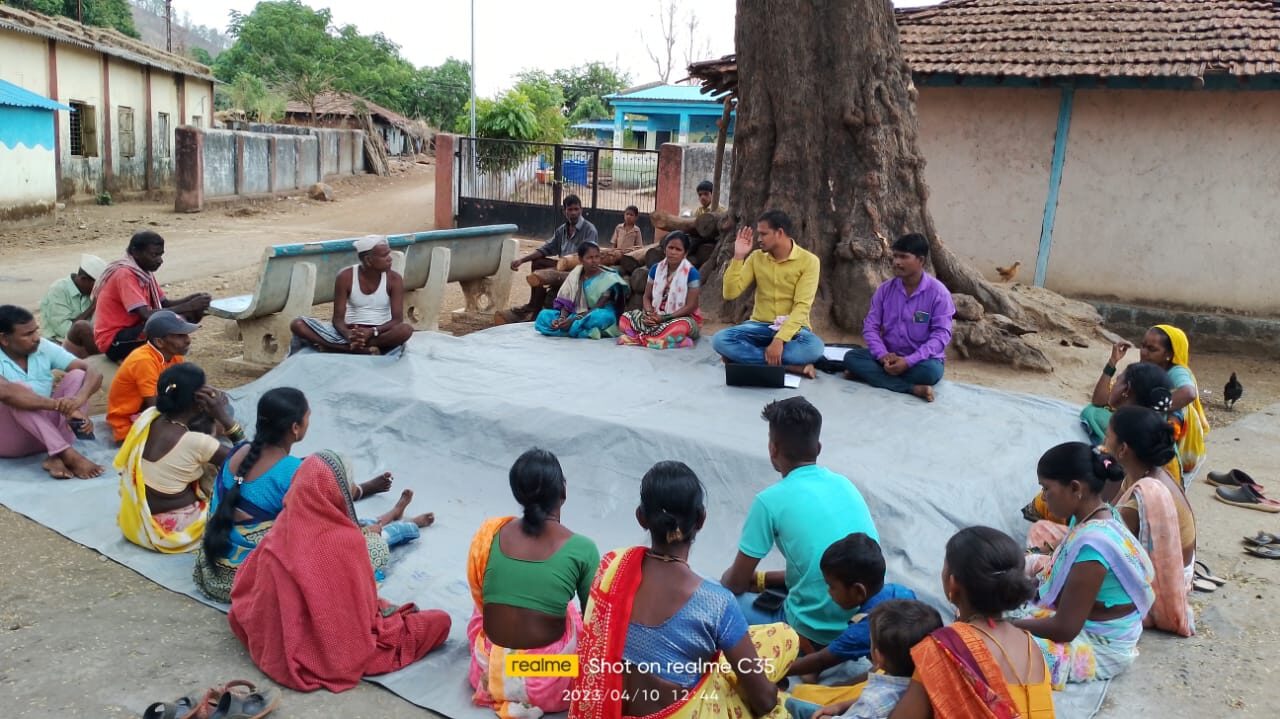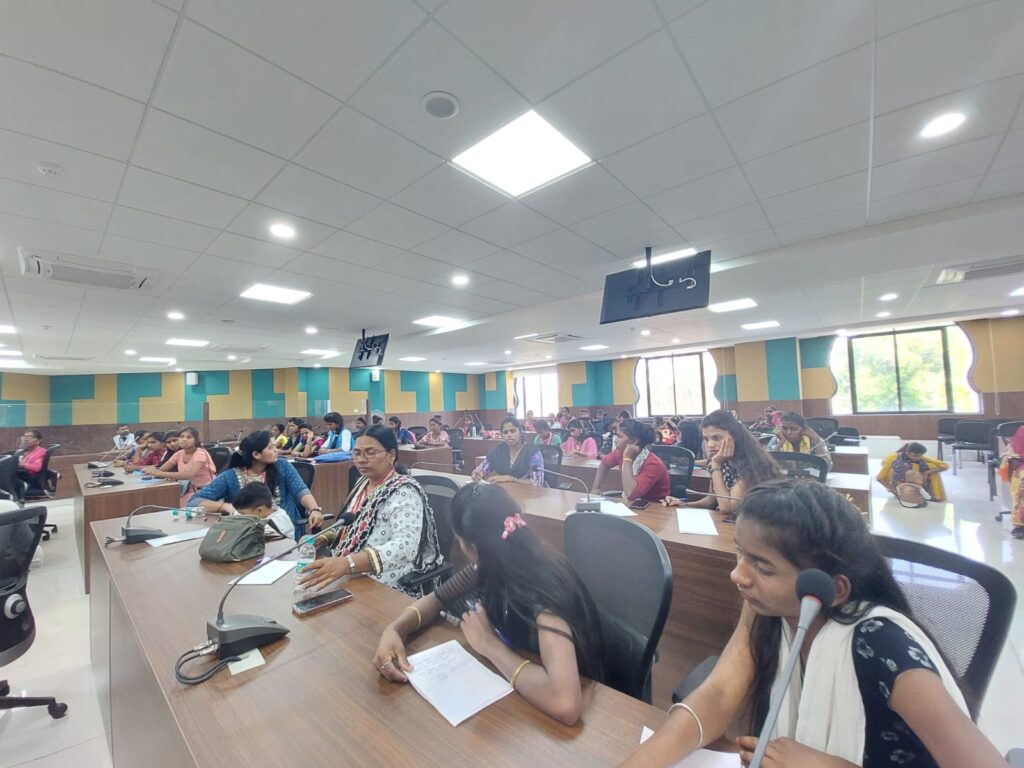गावातील बदल घडविणाऱ्यांसोबत प्रशिक्षण
दिनांक २८ आणि २९ नोव्हेंबर २०२३ रोजी जिल्हा परिषद प्राथमिक शाळा सभागृह आवारपाडा, कोटबी( ग्राम पंचायत चरी- कोटबी) येथे ग्राम पंचायत सरपंच, उपसरपंच आणि सदस्य यांचे प्रशिक्षण आयोजित करण्यात आले होते. ह्या दोन दिवसीय प्रशिक्षणात आमचा गाव – आमचा विकास ह्या विषयावर मार्गदर्शन करण्यासाठी रिसोर्स ट्रेनिंग अँड डेव्हलपमेंट सेंटर (RSCD) येथील दत्ता गुरव यांना आमंत्रित करण्यात आले होते. सदर प्रशिक्षणातील काही सत्रे आरोहन चे कार्यकर्ते भालचंद्र साळवे आणि स्नेहा गमरे यांनी घेतले. ह्या प्रशिक्षणासाठी डहाणू आणि कासा विभागातील एकूण ७ ग्रामपंचायतीतील (रानशेत – वधना, चरी – कोटबि, रायतली- चांदवड, सारणी, मोडगाव, दाभाडी, किन्हवली) सरपंच आणि उपसरपंच, ग्राम पंचायत सदस्य, पेसा अध्यक्ष, ग्रामस्थ, पाडा समिती सदस्य यांचा सहभाग होता.
दत्ता गुरव यांनी ग्राम पंचायत पातळीवरील व्यवस्था, कार्य, निधी, यंत्रणा याबाबत माहिती दिली. त्यानंतर गाव गरजांचा शोध कसा घ्यावा, गाव विकासासाठी कोणता निधी उपलब्ध होतो, ग्राम पंचायत विकास आराखडे अधिक सोप्या पद्धतीने समजून घेण्यासाठी सहभागी लोकांचे गट तयार करून प्रत्येक गटाला ग्राम पंचायत विकास आराखडा, समृध्दी आराखडा, स्वच्छ्ता आराखडा तयार करायला सांगितले तसेच आपण प्रत्येक आराखड्यात कोणत्या समस्या घेतल्या आणि निधीचा वापर कसा केला याचे प्रत्येक गटाने सादरीकरण केले. आरोहन तर्फे स्वशासन या विषयवार काम करणारे कार्यकर्ते भालचंद्र साळवे आणि स्नेहा गमरे यांनी पेसा कायद्याचे महत्व, पेसा गावचा आरखडा, शाळा व्यवस्थापन समिती, गाव विकासाला उपलब्ध निधी, त्याचे स्त्रोत व त्याचा योग्य वापर यावर मार्गदर्शन केले.
प्रशिक्षणाच्या शेवटी, सहभागी कार्यकर्त्यांनी शाळेला मिळणारा निधी, अंगणवाडी ला मिळणारा निधी, समृद्धी आरखडा याबाबतचे आपले अनुभव आणि विचार मांडले. कार्यक्रमाचा समारोप आणि आभार प्रदर्शन चरी – कोटबी ग्राम पंचायत च्या सरपंच वसुंधरा कलांगडा यांनी केली. आपले मनोगत व्यक्त करताना त्यांनी उपस्थित असलेल्या सहभागींना ग्रामसभेचे महत्व, निधीच्या योग्य नियोजनाचे महत्व सांगितले आणि ग्राम विकास कार्यक्रमात तसेच गाव विकास आराखडे तयार करण्याच्या प्रक्रियेत जास्तीत जास्त लोकांनी सहभाग घ्यावा असे आव्हान केले.
1) निधीचे नियोजन सोप्या पद्धतीने समजले
2) ग्राम पंचायत मधील सर्व सदस्यांचा समन्वय असणे महत्वाचे जेणेंकरून गाव विकासाची कामे व्यवस्थित पार पाडता येतील
3) सर्वांनी ग्राम सभेला हजर असावे त्याने गावात कोणत्या गोष्टी सुरु आहेत ह्याची माहिती मिळेल, सरपंचावरील अविश्वास दुर होईल.














